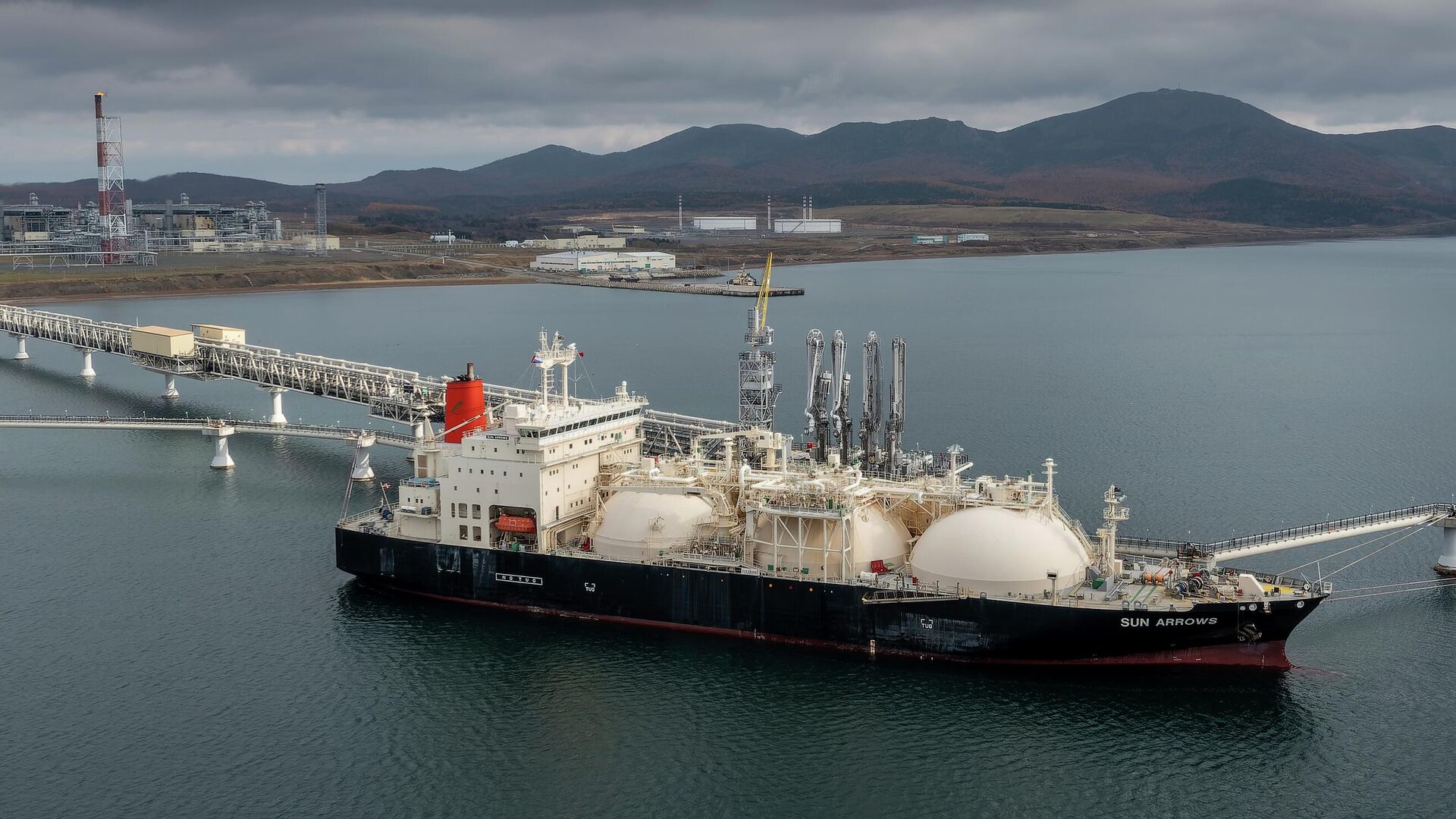
Alexander Pasechnik, Head of Analytical Department National Energy Security Fund
Moscow and Beijing retain a strategic interest in developing gas cooperation. The basis of sectoral cooperation is the Power of Siberia gas pipeline, through which Russian gas is supplied to China. Russian President Vladimir Putin, in his article “Russia and China – a partnership looking to the future” for the Chinese newspaper “People’s Daily”, published in March on the official website of the Kremlin, called this trunk contract “the deal of the century”.
The first gas through the Power of Siberia began to flow to the Celestial Empire at the end of 2019. The terms of supply are reflected in the contract between Gazprom and the Chinese state company CNPC. The resource base for ensuring the loading of the system is the Chayandinskoye (Yakutia) and Kovykta (Irkutsk region) fields.
In 2022, Russia transported 15.5 billion cubic meters of gas through the gas pipeline to the Celestial Empire. This record was reported in January by Russian Deputy Prime Minister Alexander Novak at a meeting with Cabinet Minister Mikhail Mishustin. In 2021, Gazprom pumped over 10 billion cubic meters through the Power of Siberia pipeline system, and it is planned to supply 22 billion cubic meters in 2023. The figures are solid, but do not look very impressive against the background of the results of another strategic gas supplier to China – Turkmenistan, which last year delivered almost three times more natural gas to the Celestial Empire than Russia.
In addition, the question of the current under loading of the Power of Siberia, the nominal value of which is 38 billion cubic meters, is logical. According to the contract, Gazprom needs to reach this peak only in 2025. Therefore, it seems to be reasonable now to propose to the Chinese partners a plan to speed up the timing of bringing the Power of Siberia to its design capacity. Moreover, Gazprom has resources for this.
On the other hand, the management may have fears that the active discussion of the Power of Siberia may simultaneously encourage Chinese negotiators to be even more restrained on the track for Power of Siberia 2. They will have an additional reason not to rush into a new gas contract due to the “sufficiency” of growth dynamics in the supply of Russian “blue fuel” through the existing pipeline.
It is fair to say that Beijing prefers a “containment” policy for the entire pool of gas exporters. That is, first of all, the authorities of the Celestial Empire are solving the problem of synchronizing external supplies of energy resources to the republic with the growth rate of domestic consumption, and not creating a large “strategic reserve” “at any cost”. Therefore, a surplus of gas pipeline capacities for the delivery of gas to China has become noticeable today.
For example, Turkmenistan has infrastructure potential above the current level of supplies. In 2022, according to the Chinese side, more than 43 billion cubic meters were supplied to the Celestial Empire via the Turkmenistan-China highway, despite the fact that the nominal value of this three-line (strings A, B and C) pipeline system is noticeably higher. The reason for the underload is also the difficulty of the negotiators’ formation of an appropriate compromise price. China is not averse to agreeing to new volumes when fixing in the formula of solid discounts. Therefore, it is not surprising that in the negotiations on the construction plan for the fourth line (line D), the PRC is not active.
The situation is similar in negotiations with Gazprom on Power of Siberia 2 – their phase is “progressive” (all key parameters for the project have been agreed), but there is no main thing – consensus on the price of gas supplied. Everything rests on the definition of a “fair” calculation formula for Russian gas from the PRC’s point of view. Here, Gazprom is also not ready to concede.
Thus, the PRC authorities are in principle interested and ready to form a strategic model of external gas supply, only if very loyal price parameters are fixed in contracts with suppliers of “blue fuel”.
This year, Vladimir Putin is expected to pay an official visit to China at the invitation of Xi Jinping. It is possible that its important outcome will be the signing of a new gas contract on mutually beneficial terms.
The fact that preparations are actively underway for Vladimir Putin’s visit to Beijing can be judged by business activity and recent high-level negotiating rounds. The Russian-Chinese business forum, which was organized on May 23 in Shanghai, is a vivid example here. The event was attended by Russian Prime Minister Mikhail Mishustin. This was his first official visit to China as head of the Cabinet. The Prime Minister of the Russian Federation and the delegation headed by him, consisting of heads of departments and state-owned companies, after attending a business forum in Shanghai, completed their Chinese tour on May 24 in the capital of China. There, Mishustin held talks with Chinese President Xi Jinping.
The Western media then tried to devalue the results of the meeting between Mikhail Mishustin and Xi Jinping, all the details of which were not made public. In particular, Reuters noted that China may delay the construction of the Power of Siberia-2 gas pipeline, preferring the pipeline project for gas supplies from Turkmenistan (line D). The Financial Times also wrote about the alleged readiness of the PRC to delay the construction of the Power of Siberia-2. The official representative of Gazprom, Sergei Kupriyanov, parried this information succinctly with a quote from Mikhail Bulgakov’s Heart of a Dog: “Don’t read Soviet newspapers.”

Location: 103 Kurortniy Prospekt, Sochi, Russia. The Radisson Lazurnaya Hotel
There must be time
Here are the terms of participation
Comments
0